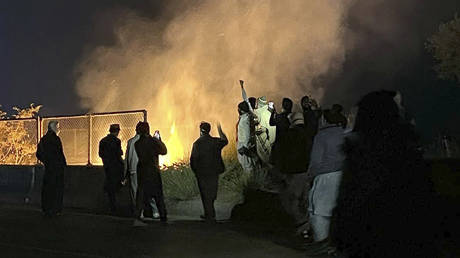For decades, scientists have known that bacteria can exchange genetic material, in a process called horizontal gene transfer. This allows bacteria to rapidly evolve new traits, such as antibiotic resistance. A new study, led by Professor Indraneel Mittra at the Advanced Center for Treatment, Research & Education in Cancer, Mumbai, shows that this process may also happen in mammals—through fragments of DNA known as cell-free chromatin particles.





